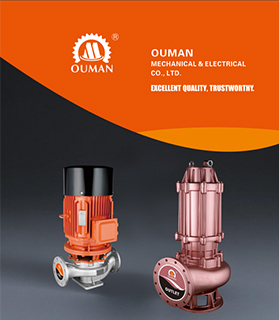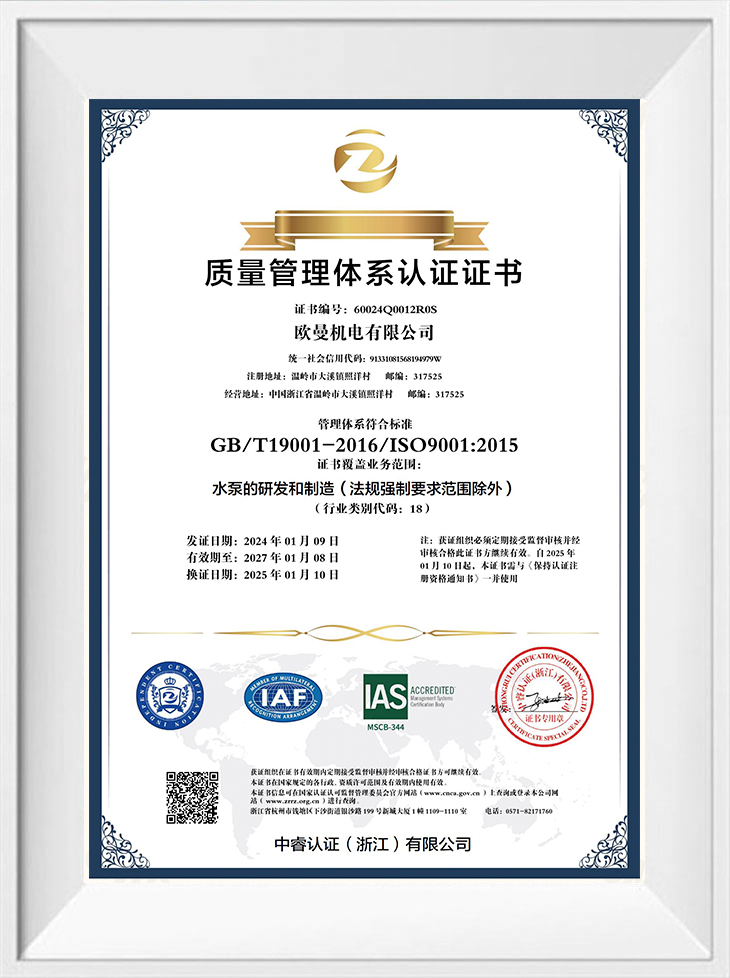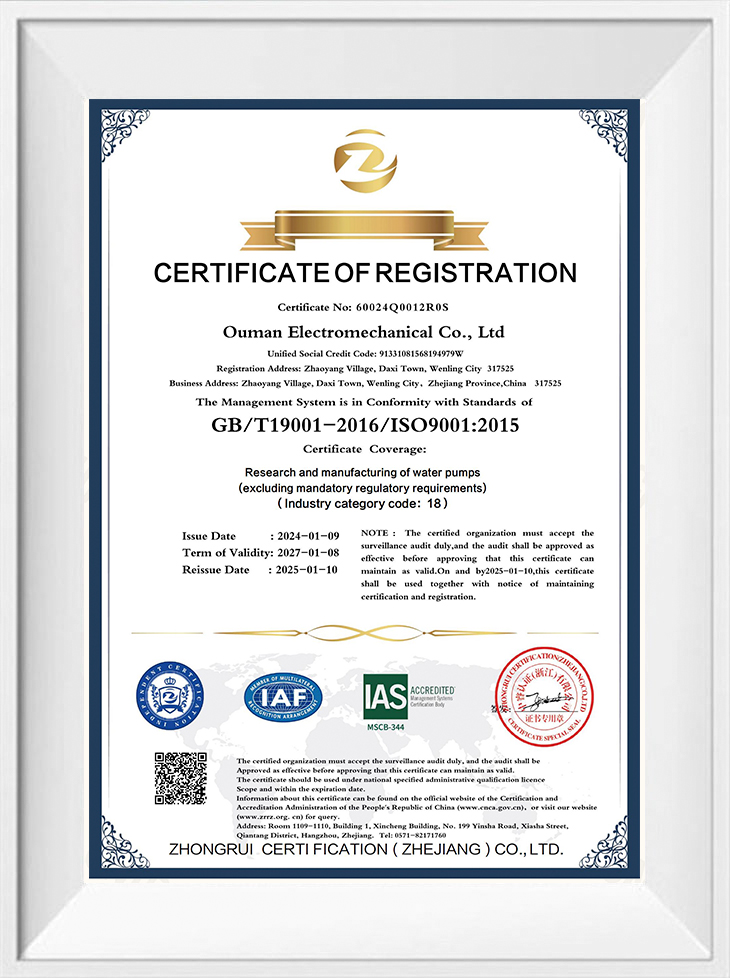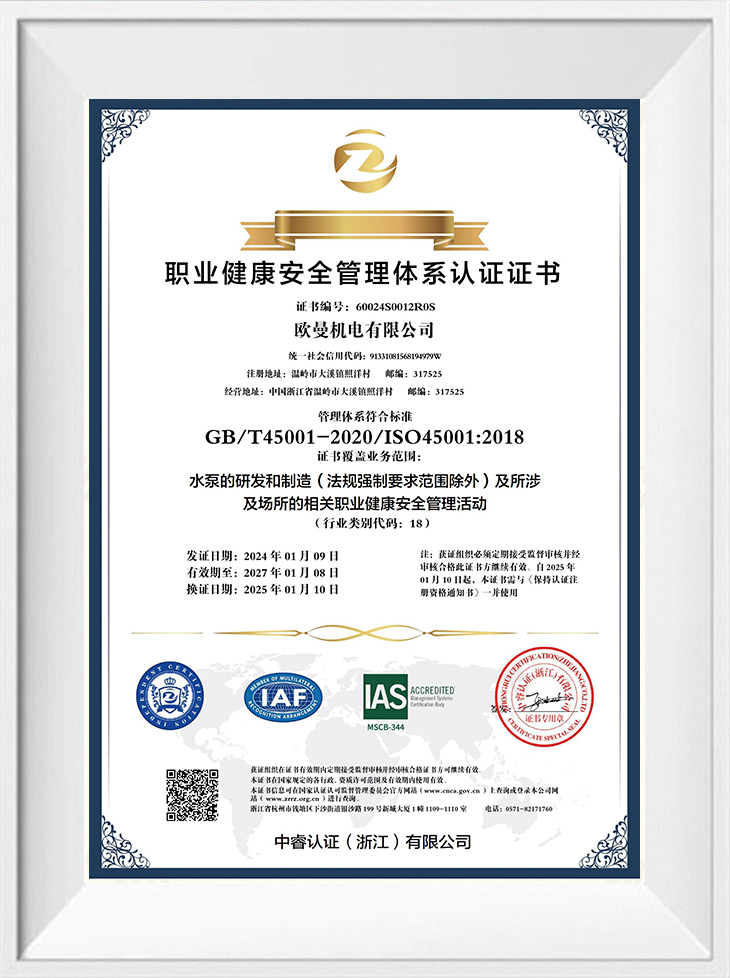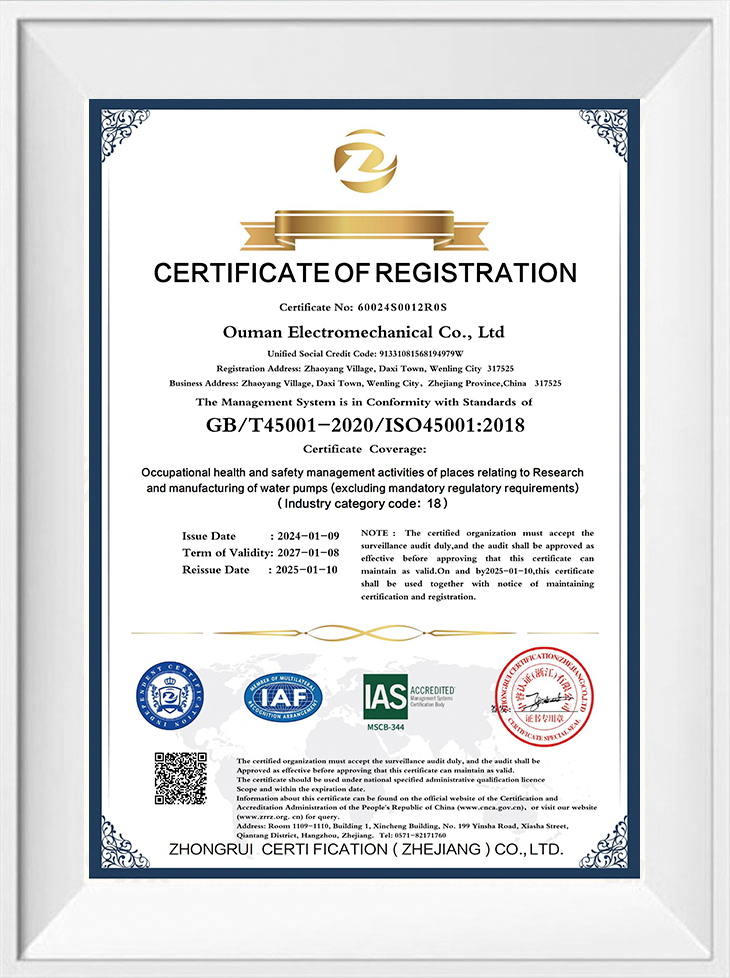A Jet Pump is a type of water pump that uses a high-pressure jet of water or air to move fluids from one location to another. These pumps rely on the principle of jet propulsion, utilizing the momentum of a fast-moving fluid to create suction and transport liquid. Jet pumps are commonly used in a variety of industries for tasks like irrigation, water supply, and wastewater management. Their versatility, efficiency, and ability to function in challenging conditions make them a popular choice for fluid transfer applications.
Introduction
Jet Pumps operate based on the Venturi effect, which occurs when a high-velocity stream of water or air moves through a narrow section of pipe, creating low pressure. This low pressure draws in the fluid to be pumped from the source. The main components of a jet pump include an impeller, a diffuser, and a jet nozzle. The impeller generates the pressure needed to push the fluid through the jet nozzle, while the diffuser helps to convert velocity energy back into pressure. Jet pumps can be powered by electric motors, engines, or even manual methods, making them adaptable to a range of needs.
Advantages
High Suction Power
One of the primary advantages of a Jet Pump is its ability to create strong suction. This allows it to lift water or other liquids from significant depths, making it ideal for applications where the fluid source is located deep underground or in hard-to-reach areas. Jet Pumps are particularly effective in well water extraction, where other pumps might struggle to achieve the necessary suction power.
Simplicity and Ease of Installation
Jet Pumps are relatively simple in design and easy to install compared to more complex pumping systems. Their straightforward mechanism requires fewer components, reducing the potential for mechanical failure. As a result, they are often chosen for their reliability and ease of maintenance. Additionally, Jet Pumps are adaptable to a range of system configurations, allowing for easy integration into existing setups.
Versatility in Applications
Jet Pumps are incredibly versatile and can be used for a wide variety of applications. They are suitable for both clean and slightly contaminated fluids, making them ideal for use in irrigation, water supply systems, and even swimming pool circulation. Their ability to work effectively with low to moderate flow rates adds to their appeal in diverse industries.
Low Energy Consumption
Jet Pumps are generally energy-efficient compared to other types of pumps. Because they use water or air pressure to create suction, they often require less energy to operate, making them a cost-effective solution in the long term. This energy efficiency is especially important in large-scale applications, where operational costs can quickly add up.
Durability
Jet Pumps are known for their durability and ability to withstand harsh operating conditions. Their robust design makes them resistant to wear and tear, particularly when used in abrasive environments like mining or construction sites. As a result, these pumps offer long-lasting performance with minimal downtime or maintenance.
Applications
The versatility of Jet Pumps makes them suitable for a wide range of industries and applications:
Water Wells and Irrigation
Jet Pumps are commonly used for extracting water from wells, particularly in rural and agricultural settings. Their high suction capabilities make them ideal for accessing groundwater from deep wells. These pumps are also used in irrigation systems, providing a reliable source of water for agricultural crops and ensuring consistent water delivery across large areas.
Swimming Pools
Jet Pumps are often used in swimming pool circulation systems. They help circulate water, ensuring proper filtration and water movement throughout the pool. Their efficiency in moving water without causing excessive turbulence makes them ideal for maintaining water quality in pools and spas.
Industrial and Commercial Applications
In various industrial settings, Jet Pumps are used for transferring liquids in processes where high-pressure fluid movement is necessary. They are used for tasks like pumping chemicals, liquids, and slurries in industries such as food processing, pharmaceuticals, and water treatment. Their reliability and ability to handle moderately contaminated fluids make them suitable for these applications.
Sewage and Wastewater Systems
Jet Pumps are also commonly found in sewage and wastewater systems, where they assist in transferring waste fluids from low-lying areas to treatment plants. Their strong suction power allows them to handle sludge and waste materials effectively, ensuring smooth operation in municipal and industrial sewage systems.

 English
English русский
русский عربى
عربى